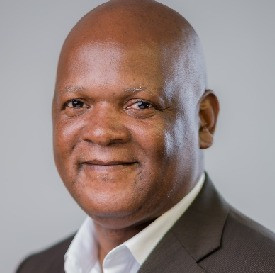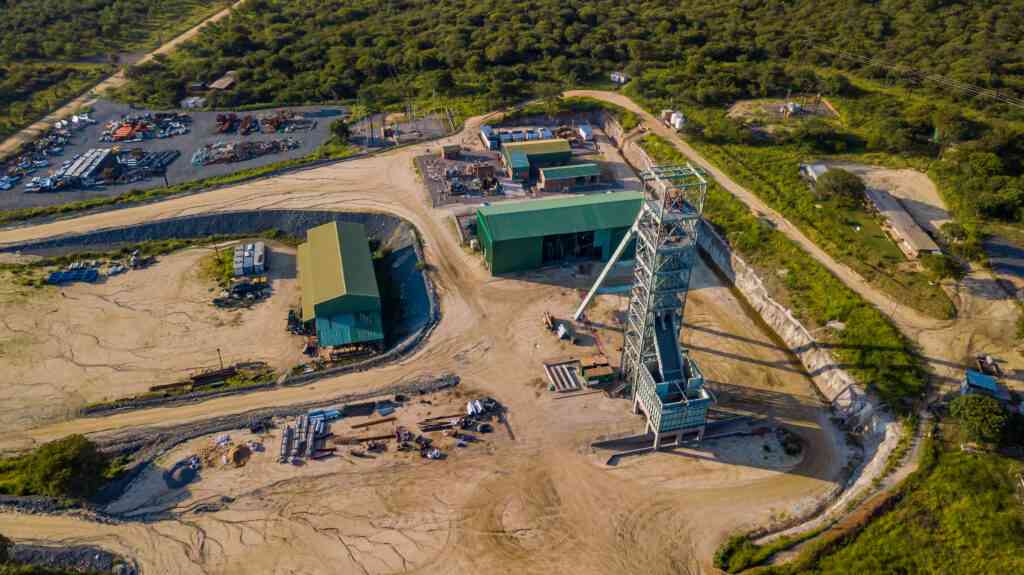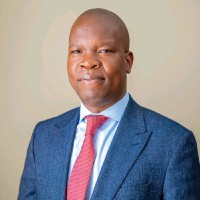
Social matters have an impact on any type of business across all sectors of our global economy. Even with an antagonistic relationship with profitability of our entrepreneurial businesses something must be done for improvement.
We have to reconfigure our operations so as to comply with this growing phenomenon that has made most businesses socio-and-ecological sensitive as progressive brands of our modern business environments.
Just to say there is a perfect nexus between social matters of societies around entrepreneurship and the business profitability.
To start with a business has its main goal to make profits (mostly abnormal profits).
Yes that is the reason to be in business so as to have more profits and working capital for improved future equity of the business.
As entrepreneurs we strive to grow in our capacity, revenues and investment which is an outcome of having made attractive profits to invite other venture capitalists and shareholders in the business.
That is the same reason why the costs of running a business should be by all means reduced if not eliminated.
It is then the reason for this edition to consider societal social inclusion as most businesses run away from costs that are associated with societal welfare.
- Business opinion: Branding in the age of entrepreneurship and industrialisation (Part 22)
- Business opinion: Branding in the age of entrepreneurship and industrialisation (Part 21)
- Business opinion: Branding in the age of entrepreneurship and industrialisation (Part 20)
- Business opinion: Branding in the age of entrepreneurship and industrialisation (Part 19)
Keep Reading
This is worrisome especially when we get our sales, customers and revenues from these societal we are harming and ignoring of their welfare.
In most businesses social costs (SC) are always higher than private costs (SC) which is known as negative externalities in running a business. As thriving entrepreneurs we should strike a balance towards real sustainable profits.
As we relate, the modern global customer has become high social and ecological sensitive to an extent of only patronising those establishments that are certified to be friendly through compliance and in practice.
This is not only as customer-centric ideology but goes beyond to align with some global institutes that also spearhead business modelling and global branding. Mainly the UN Sustainable Development Goals (SDGs) including: SDG 6 (Clean Water and Sanitation); SDG 8 (Decent Work and Economic Growth); and SDG 9 (Industry, Innovation and Infrastructure).
All these relate to the operations of our entrepreneurs mainly those in manufacturing, agriculture and environmental related businesses.
As entrepreneurs we should go beyond internal configurations that eliminate our direct costs to innovate in non-polluting mechanisms for those emitting carbon dioxide through production, water treatment/recycling for those in chemical production, sound proof for noise reduction and any other societal friendly mechanisms that cut across all sectors.
Treating societies as part of direct production rather than a silo should become a practice by our entrepreneurs.
Community involvement as a stakeholder engagement helps in reducing social costs that might arise through production/operations of a business.
As they come on board to share their expectations, experiences and harmful impacts the business is better informed for re-engineering, adjustments and innovation.
From some previous editions we agreed that customers are key stakeholders of a business and the same applies with these communities since that is where our customers come from.
Of course we have some businesses who go around for road shows and customer engagement but many of them lack as they do not consider social costs as a priority but only focus on increasing their market share.
To remind societal consideration in business operations go beyond current profits into the future as it goes on to improve the organisation’s brand equity.
Especially positive brand awareness and image, improved perceived brand quality of the entrepreneur and loyal societies that will be converted to sustainable future sales.
Going forward this will then take us into a rare but promising model of social entrepreneurship.
This concept is growing in leaps and bounds as a way to further groom and mentor entrepreneurial partners from the societies we operate.
Here owners/managers of our existing entrepreneurial businesses not only mentor members of the surrounding societies to have and run their own but to lead them all the way into business partners.
In this way we have a lot of potential to grow our businesses through partnership especially when we have considered those on the ground from where we do businesses.
Societies are closer to opportunities and business gaps as they reside/interact with the potential customers/problems.
The social cost can easily be turned into Social Revenue in this way.
That knowledge and experience acquired by the entrepreneur over the years can be turned into a repository for entrepreneurial knowledge transfer to other members of the society.
Instead of a generic corporate social responsibility now the entrepreneurial business through its leadership will collaborate and expand its business model into its societies.
More will be share into the future of our entrepreneurial societal social inclusion but for this edition I leave you to reflect.
*Dr Farai Chigora is a businessman and academic. He is the head of management and entrepreneurship at the Africa University’s College of Business, Peace, Leadership and Governance. His doctoral research focused on business administration (destination marketing and branding major, Ukzn, SA). He is into agribusiness and consults for many companies in Zimbabwe and Africa. He writes in his personal capacity and can be contacted for feedback and business at fariechigora@gmail.com, www.fachip.co.zw, WhatsApp mobile: +263772886871










